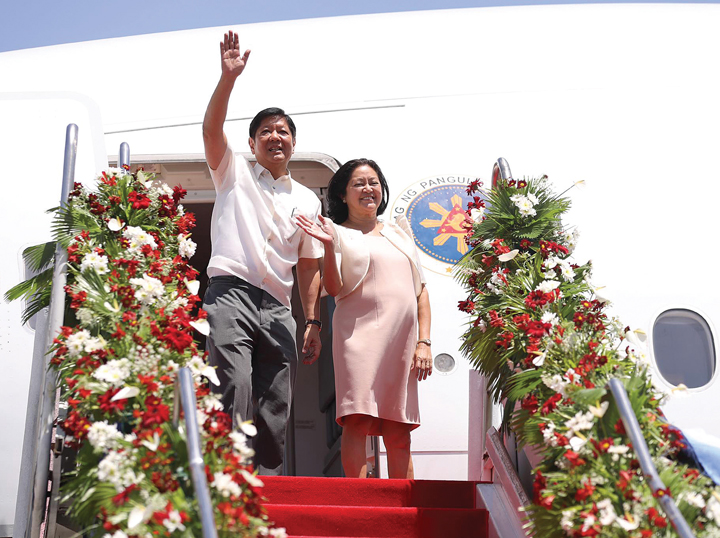THE government has so far collected over P143.31 billion in duties and taxes since the start of its fuel-marking program in September last year.
From September 2019 to October 15 this year, a total of 14.04 billion liters were injected with fuel markers, according to the infographic shared by Finance Secretary Carlos G. Dominguez III with finance reporters.
The government earned
P126.548 billion in revenues during the first year of the program implementation; it collected P16.767 billion so far for the second year of the program.
The bulk of the fuel marked by the government since September is diesel, at 61.87 percent; followed by gasoline and kerosene comprising 37.60 percent and 0.53 percent, respectively. Most of the fuel marked was in Luzon at 74.2 percent; then Mindanao at 20.9 percent, and Visayas at 4.9 percent.
Twenty companies participated in the fuel-marking program.
Leading the list of petroleum companies is Petron with a 22.65-percent share of the total amount of fuel marked or 3.18 billion liters.
Next to Petron is Shell with 19.99 percent or 2.806 billion liters, followed by Unioil with 10.52 percent or 1.477 billion liters, Seaoil with 8.76 percent or 1.23 billion liters and Chevron with 8.58 percent or 1.205 billion liters.
Fuel marking makes use of a unique chemical marker that can be embedded at a molecular level in petroleum products—gasoline, diesel and kerosene—thereby enabling authorities to test, identify and distinguish petroleum products with paid excise taxes.
Under Republic Act 10963, petroleum products that are refined, manufactured or imported to the Philippines such as, but not limited to, unleaded premium gasoline, kerosene, and diesel, shall be marked by an official marking agent after payment of taxes and duties.
Spearheaded by the Department of Finance, the Bureau of Customs and the Bureau of Internal Revenue, the fuel-marking program was launched with the aim of halting illegal importation, manufacturing and other fraudulent activities relating to the use and sale of petroleum products in the country.




































